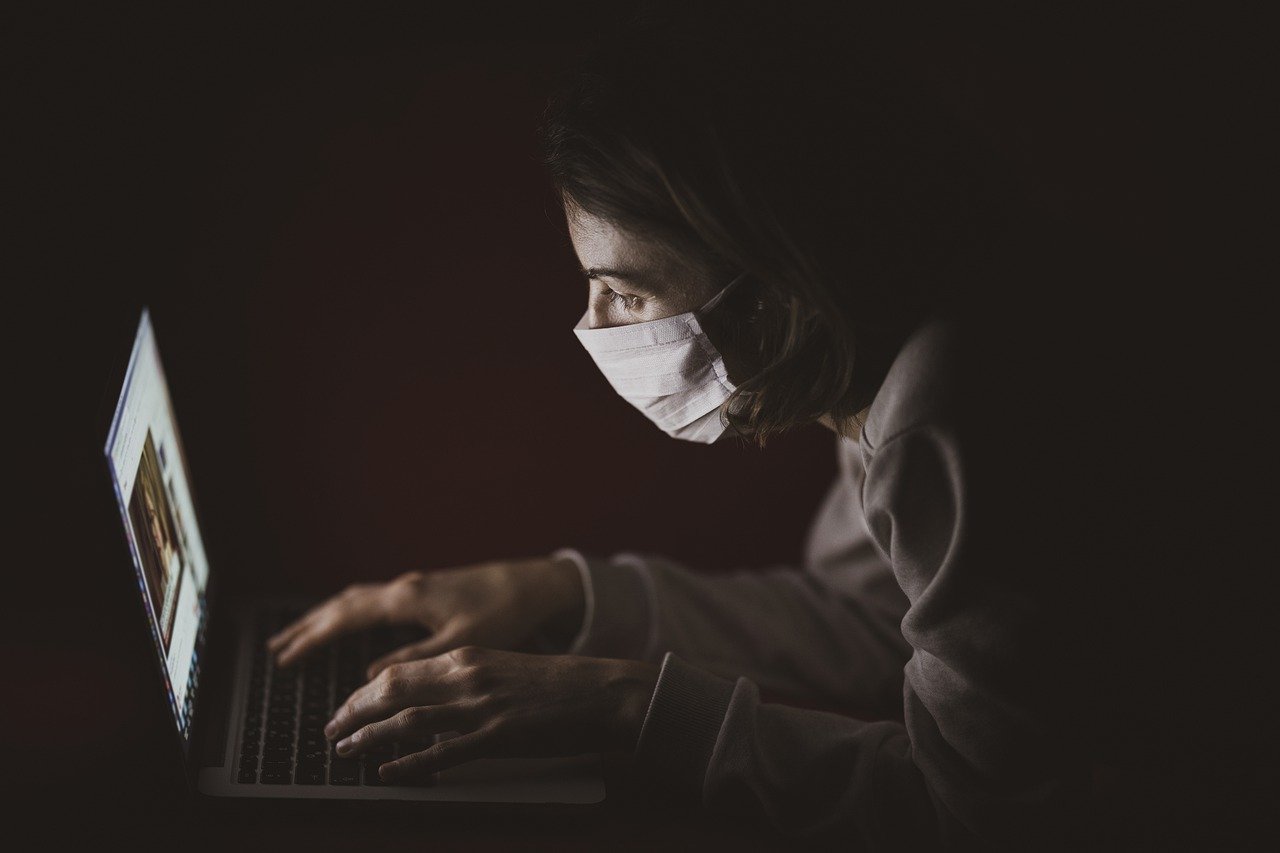Almost nine in 10 young people don’t think scientists or politicians are talking to them when discussing Covid-19, according to new research out today from the British Science Association (BSA).
The BSA warns the ongoing lockdown in the UK could have serious ramifications if young people feel left out or frustrated by the government’s failure to engage them in its guidance.
Instead, young people are putting their faith in their parents to provide them with accurate Covid-19 information. According to the new data, young people trust their family (36%) more than they do scientists and over one in five (22%) of this age group want to hear more from their family about the virus.
What’s more, young people are 80% more likely to trust close family to tell the truth about the virus than adults are (56% vs 31%).
The BSA is calling on the UK Government and commentators to ensure young people are not missed out of the Covid-19 conversation and that their voices and concerns are heard and addressed.
Young people have many of the same pandemic-induced concerns that adults do, their lives and futures are hugely affected by the lockdown restrictions, but the Government does not appear to be tailoring its messages for them.
According to CEO Katherine Mathieson: “There are too many people and communities not being reached by current Covid-19 messaging, and young people are one of these groups.
“The impact of this public health crisis on young people – their education, future plans and employment prospects – is huge, but not something which has been given sufficient air-time in the public discussions or government press conferences.
“Other countries’ senior politicians have ensured young people are directly engaged, so they can understand the pandemic. Norway’s Prime Minister Erna Solberg and New Zealand’s Prime Minister Jacinda Ardern both held press conferences specially for children, for instance.
“Young people also have great ideas and new ways of problem solving. We do both them and wider society a disservice by not addressing their worries or including them in the conversations that could lead to a better society in the future.”
NOW READ: Social distancing on Tube must mean ‘only 10 people per carriage’
The BSA research also highlights one clear positive from the current pandemic – a marked uplift in young people who would now consider working in a scientific field as a result of Covid-19 – with 37% of young people now more likely to consider a scientific career.
The charity believes that it is critical that government, industry and academia finds ways to nurture this increased appetite in the wake of the crisis to build a sustainable and diverse science workforce for the future.
More opportunities for two-way conversations with scientists, a more diverse pool of role models and spokespeople on show, more tailored discussion about how the pandemic is impacting the lives of young people, plus better signposting for things that young people can do to help contribute their ideas, or keep up their interest in science over the summer months will help to maintain their interest.
The top concern for all age groups, however, is the impact Covid-19 will have on the NHS. Four in five people rank this as their top concern above any more personal worries.
For 14-to-18-year-olds, this was closely followed by concerns around the impact it will have on their education (79%) whereas the adults (respondents 18+) were more concerned about the UK economy (84%). Both groups put the wider economy above their own physical and mental health and financial security, suggesting social concerns are coming first in the pandemic.
With the new research suggesting young people are hungry for more information, almost two fifths (38%) of 14-to-18-year-olds seek out expert advice about what the virus is and its impact.
What’s more, almost two thirds want to know more about science (62%) and the science behind the coronavirus (68%), and one in five (20%) young people and adults want to hear more from professional scientists during the Covid-19 outbreak.
Mathieson said: “Science communication during this period in history has never been more essential. The number of people who ultimately follow government advice about coronavirus measures will directly correlate with the advice that they are given from our scientists and researchers – and whether that advice is practical, easy to understand and trustworthy.
“Generally speaking, we see high levels of trust in our scientists and science institutions from the British public. In the current crisis, by asking scientists and advisors to talk to the public directly and via the media, politicians are drawing on this trust. But the science is complex and rapidly-changing.
“The slightly lower levels of trust in scientists reported in our survey is perhaps a response to the complex and rapidly-changing nature of this pandemic.
“Treating everyone the same, means that some groups will be left behind and may even dismiss government advice as not for them; a ‘one-size fits all’ approach does not provide true equity or fairness.
“By addressing groups in ways they can connect with, we create a two-way conversation around Covid-19 and make them feel included in the ‘national effort’. Now is the time to get this right.”
For the latest headlines from the City of London and beyond, follow City Matters on Twitter, Instagram and LinkedIn.








